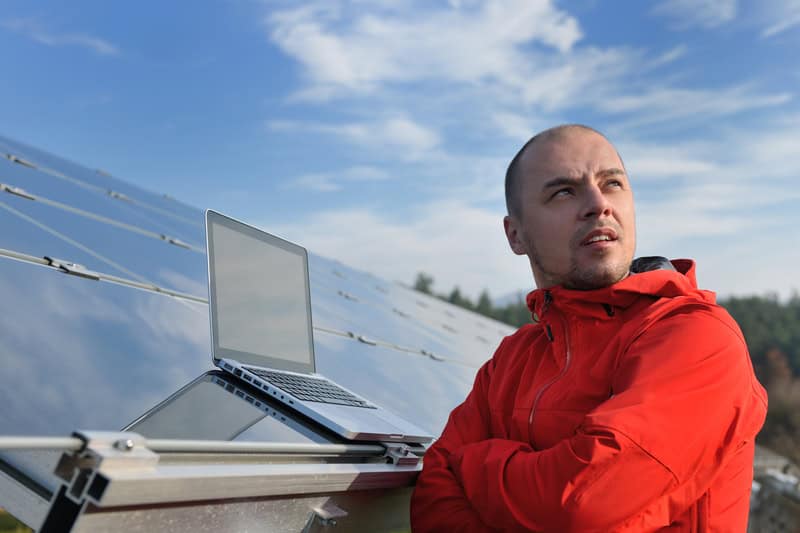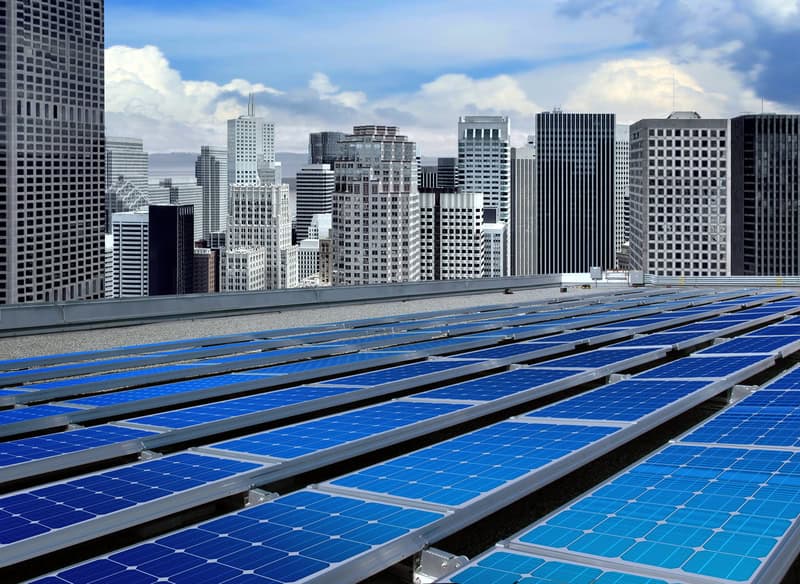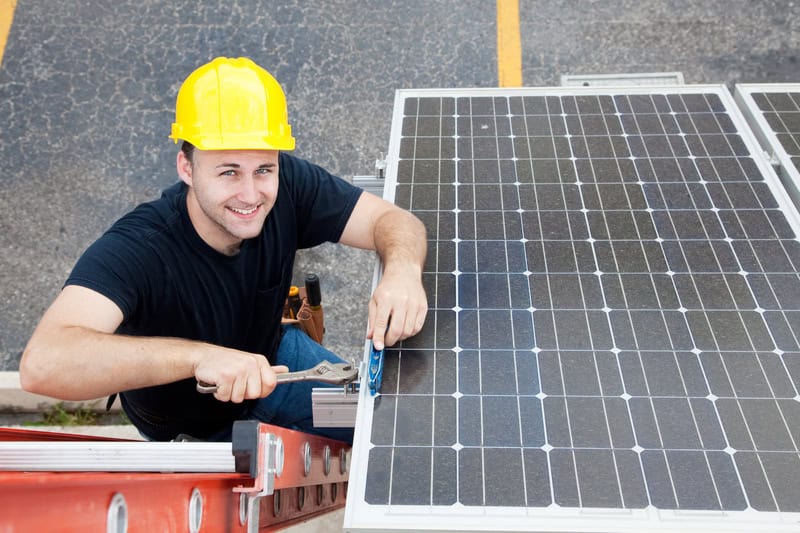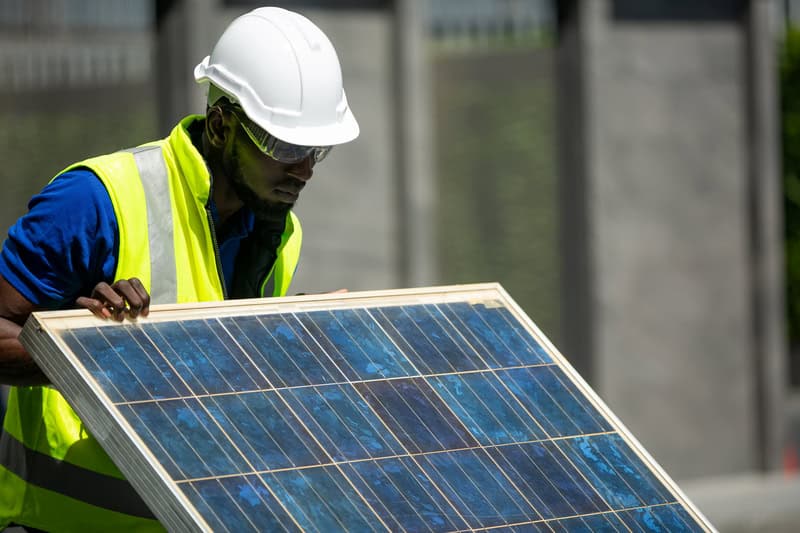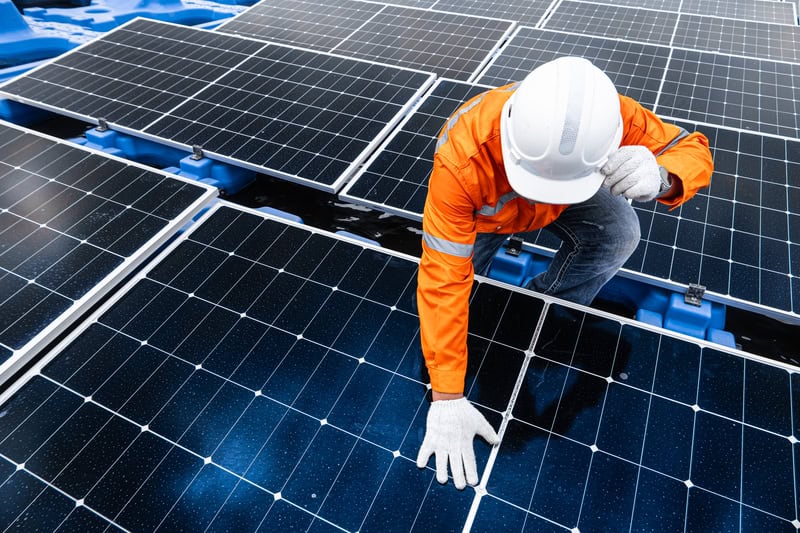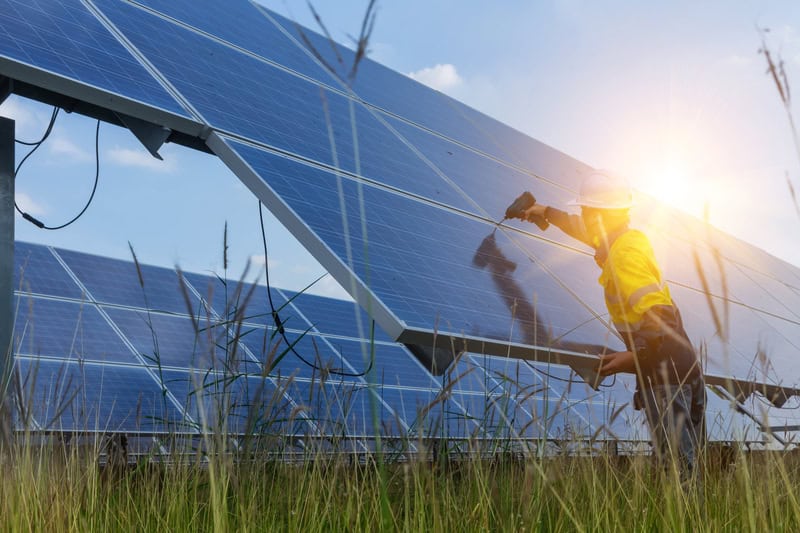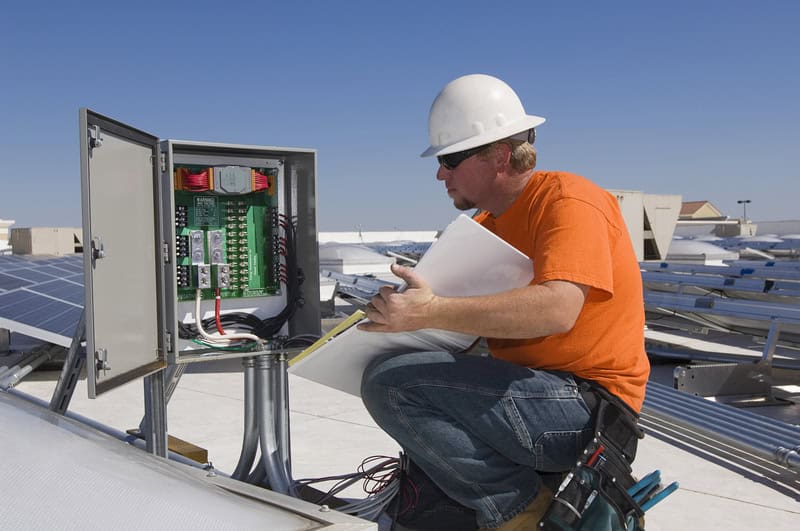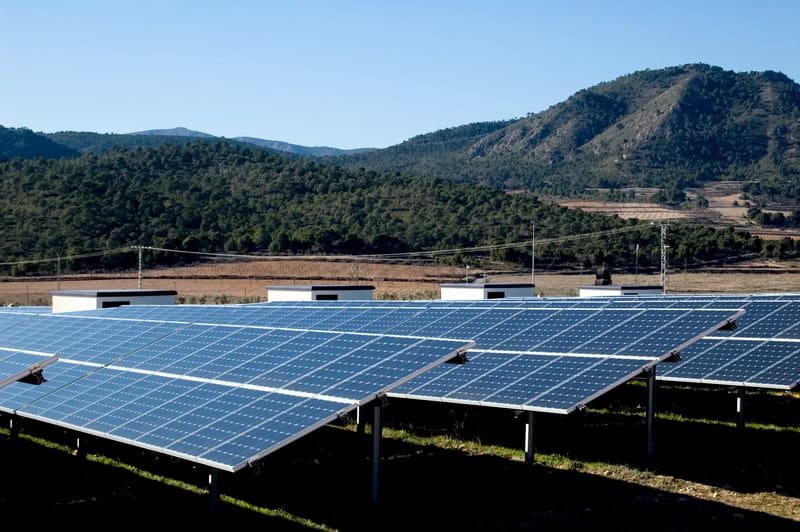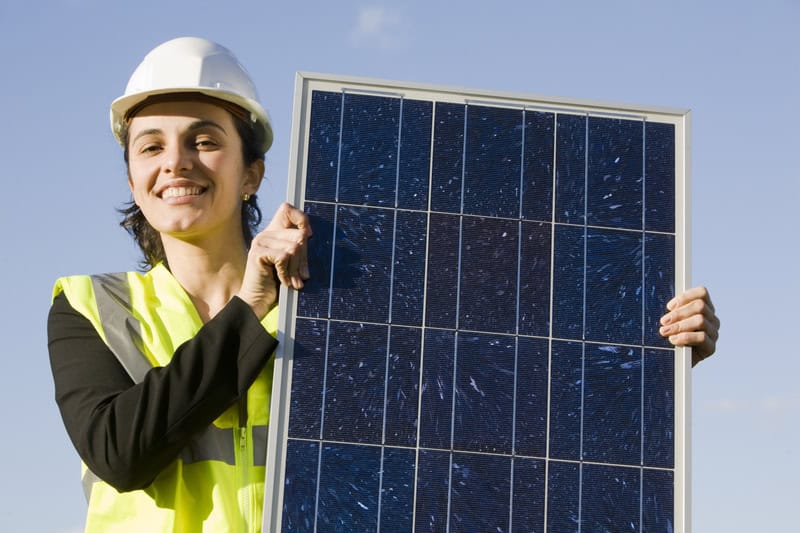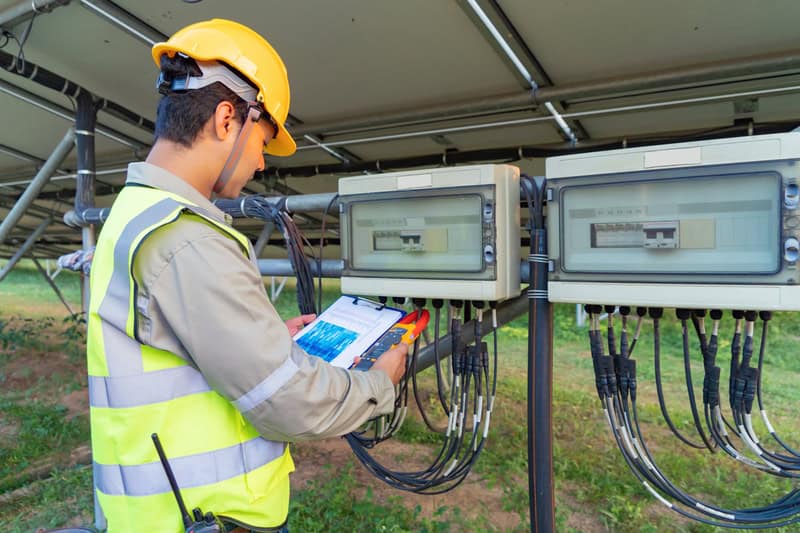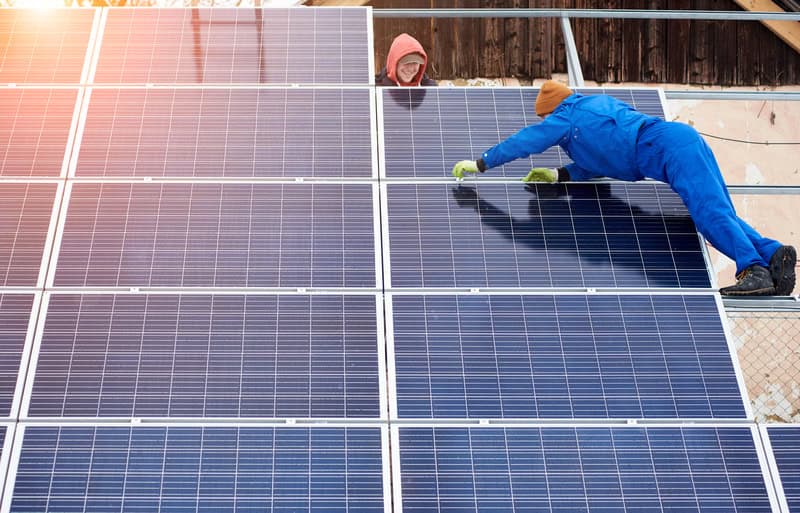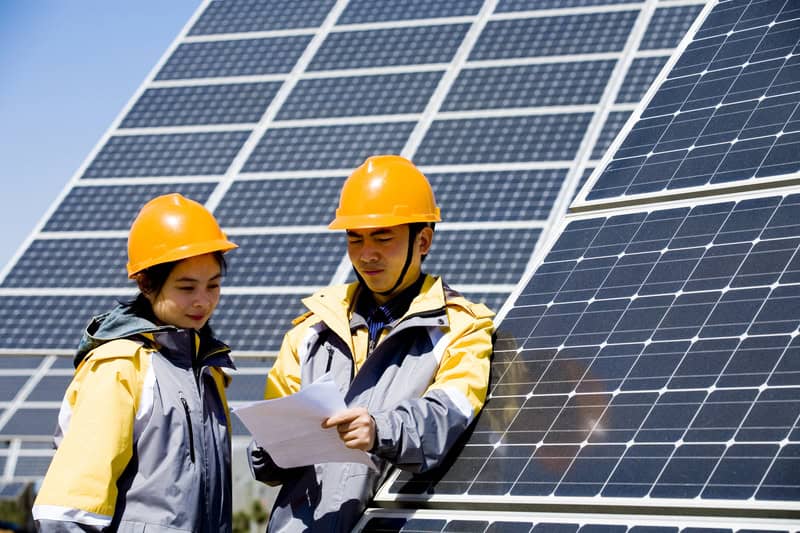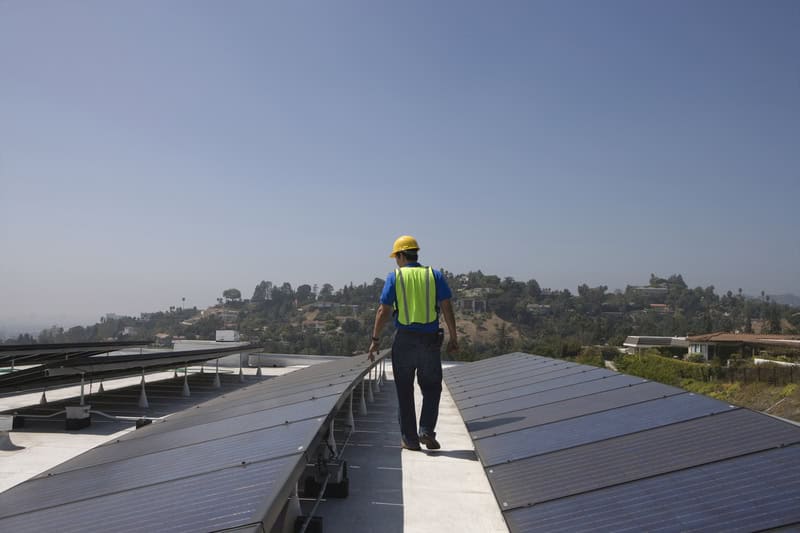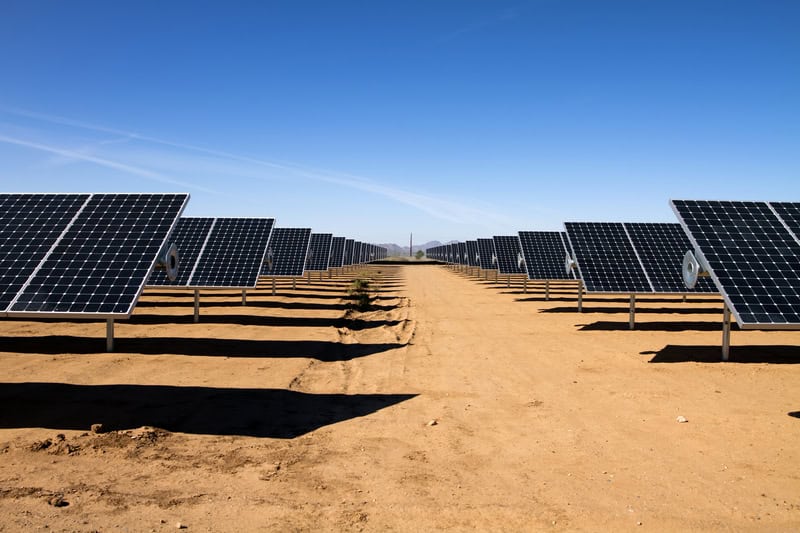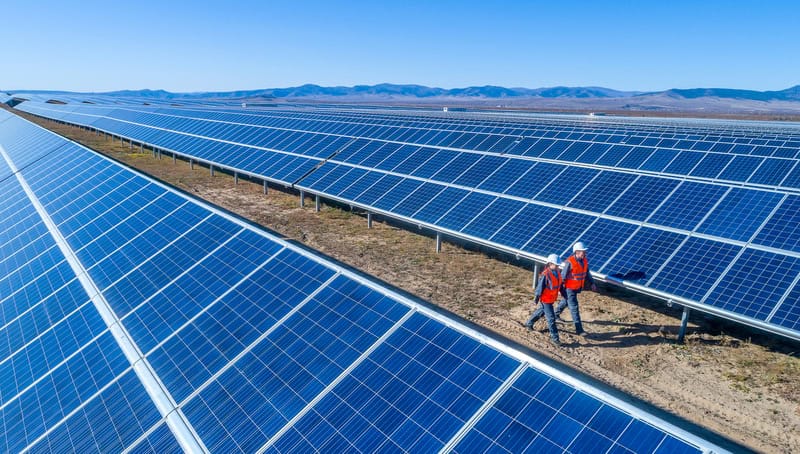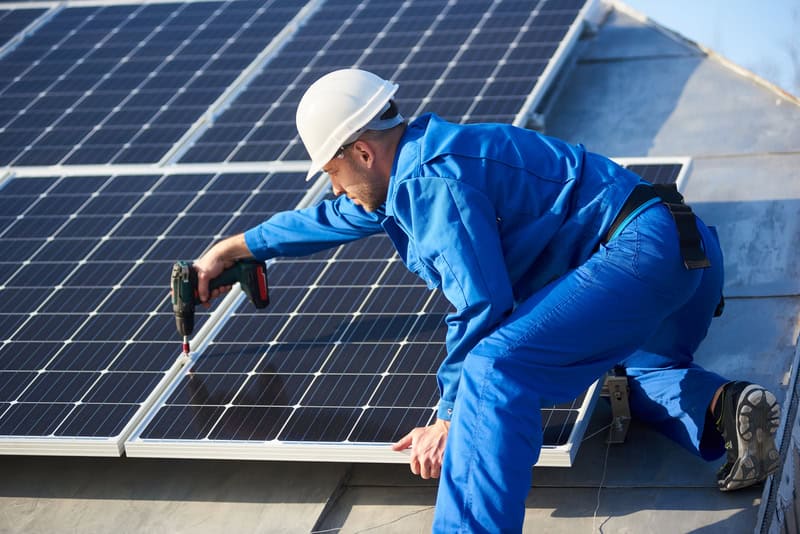Table of Contents
Why a Solar Farm Repair Specialist is Essential in 2025
The solar energy industry has grown exponentially over the past decade, with thousands of solar farms powering cities, factories, and communities. However, with complexity comes risk—and even the most well-designed systems can falter. That’s where a solar farm repair specialist becomes indispensable.
Instead of relying on general maintenance crews or attempting DIY fixes, savvy solar operators now invest in dedicated repair experts. These professionals not only save money in the long run but also ensure consistent energy output, safety compliance, and equipment longevity.
Understanding Solar Farm Infrastructure
Before understanding the specialist’s value, it helps to know what makes solar farms intricate. A typical farm includes:
- Thousands of interconnected photovoltaic panels
- Inverters, transformers, and switchgear
- Underground cabling networks
- SCADA and monitoring systems
Each of these components is susceptible to issues like:
- Cracked or delaminated panels
- Inverter faults
- Arc faults and grounding errors
- Signal loss in monitoring systems
These issues can cripple performance without proper diagnostics—a core skill of a solar farm repair specialist.
What Does a Solar Farm Repair Specialist Do?
A solar farm repair specialist is a trained technician with a deep understanding of solar PV systems. Their job includes:
- Identifying performance degradation at the source
- Replacing or repairing damaged electrical components
- Using thermal imaging to detect hotspots
- Calibrating inverters and switchgear
- Ensuring all repairs meet NEC, OSHA, and manufacturer guidelines
They differ from general maintenance staff by bringing precision, speed, and experience to every repair.
How They Differ from General Technicians
Unlike standard electricians or solar installers, a solar farm repair specialist:
- Holds advanced solar certifications (NABCEP, UL, etc.)
- Has hands-on experience with utility-scale systems
- Uses specialized tools like IV curve tracers and aerial drones
- Understands warranty implications for various brands
This deep specialization makes them irreplaceable when performance or safety is at stake.
Expert Diagnosis and Repair
Specialists are trained to spot hidden issues before they become major problems. They use diagnostic tools like:
- Insulation resistance testers
- Thermal imaging cameras
- Ground fault detectors
This allows for surgical repairs that restore full system function, reducing the guesswork that plagues general contractors.
Minimized Downtime
Every hour your solar farm isn’t generating power is money lost. A solar farm repair specialist works quickly to:
- Isolate faults
- Bypass affected modules
- Replace failed components swiftly
Their speed and accuracy lead to minimal energy production loss.
Increased Energy Output
With precise diagnostics and optimized system settings, specialists can recover lost capacity and often boost overall output. Many clients report:
- 5–20% energy gains post-repair
- Better inverter efficiency
- Lower operational variance
These gains directly improve your ROI.
Advanced Troubleshooting Tools
From high-end multimeters to fiber optic inspection tools and portable PV analyzers, a solar farm repair specialist comes equipped with everything needed to fix problems on the spot.
These tools also ensure repairs are non-invasive, preserving your system’s structural and electrical integrity.
Compliance with Safety Standards
Solar farms carry high voltage, fire risks, and require compliance with strict standards. Specialists ensure that every repair:
- Meets NFPA 70E guidelines
- Passes utility inspections
- Protects workers and property
Neglecting this can lead to accidents, insurance claims, or failed audits.
Warranty Protection
Solar components often come with 10–25 year warranties—but DIY or improper repairs can void them. A certified solar farm repair specialist:
- Documents all work meticulously
- Uses manufacturer-approved methods
- Helps clients retain full warranty coverage
This alone can save thousands over the system’s lifetime.
Customized Repair Strategies
Rather than using a “one-size-fits-all” method, specialists:
- Tailor repairs to each site’s configuration
- Work within your operation schedule
- Recommend upgrades when necessary
This ensures your solar farm remains optimized without unnecessary downtime.
Emergency Response Capabilities
When storm damage or system-wide failures occur, having access to a specialist ensures rapid restoration. JMS Energy’s team can:
- Respond within 24 hours
- Mobilize with necessary parts and tools
- Coordinate with utilities for grid compliance
This responsiveness is a major advantage of working with a solar farm repair specialist.
Cost-Effective Long-Term Maintenance
By preventing repeated issues and maximizing uptime, repair specialists lower:
- Energy loss costs
- Replacement part expenses
- Labor hours for rework
This turns what might seem like a high-cost repair into a long-term investment.
Enhanced ROI and System Longevity
When your solar farm is operating at peak performance with minimal interruptions, your payback period shortens—and your profit margin grows.
A specialist can extend equipment life by 5–10 years through proactive repair and optimization strategies.
Real-Life Impacts of Hiring a Specialist
Case Study – Midwest 10MW Farm:
After hiring JMS Energy to audit and repair a site with declining output, the farm:
- Recovered 12% annual production loss
- Reduced inverter downtime by 85%
- Prevented a $60,000 penalty for missed grid delivery targets
This underscores the vital role of a solar farm repair specialist.
Why JMS Energy is the Go-To Solar Farm Repair Specialist
JMS Energy stands out with:
- Certified and highly-trained repair teams
- 24/7 emergency availability
- Access to OEM parts and diagnostic gear
- National coverage with local technicians
- Proven track record in restoring high-value assets
Their expertise in solar farm repair specialist services has earned the trust of utilities, cooperatives, and private developers alike.
The Evolving Role of Specialists in Renewable Energy
As solar technology becomes more advanced, the role of the solar farm repair specialist is expanding beyond basic repairs. In 2025 and beyond, their responsibilities will increasingly involve:
- Data Analytics Interpretation: Specialists will analyze energy production trends and use machine learning algorithms to predict faults before they occur.
- Integration with Battery Systems: With the rise of solar-plus-storage, repair experts will also be expected to troubleshoot battery systems and inverter interactions.
- Cybersecurity Monitoring: As SCADA and smart monitoring systems become standard, specialists will need to secure solar farm networks against digital threats.
- Sustainability Audits: Specialists may assist in ESG (Environmental, Social, Governance) reporting by validating the carbon offset performance of solar farms.
These evolving responsibilities make the solar farm repair specialist even more indispensable to the long-term success of solar energy infrastructure.
FAQs
What is a solar farm repair specialist?
A solar farm repair specialist is a trained professional who diagnoses and repairs faults in commercial and utility-scale solar farms using advanced tools and techniques.
How often should I hire a repair specialist?
It’s recommended to conduct biannual inspections with a specialist and engage them immediately if performance drops or component errors are detected.
Can a specialist save me money long-term?
Absolutely. By minimizing downtime, preserving warranties, and optimizing energy output, a specialist can significantly enhance ROI.
Do all solar farms require specialists?
Yes. Due to the complexity of solar farm infrastructure and safety requirements, hiring a generalist often leads to missed issues or even further damage.
Is JMS Energy certified for solar farm repairs?
Yes. JMS Energy employs NABCEP-certified technicians and complies with all NEC, OSHA, and utility regulations for safe and effective solar farm repairs.
How quickly can JMS Energy respond to emergencies?
JMS Energy offers 24/7 support with response times typically within 12–24 hours depending on location and severity.
Your Solar Farm Deserves a Certified Repair Specialist
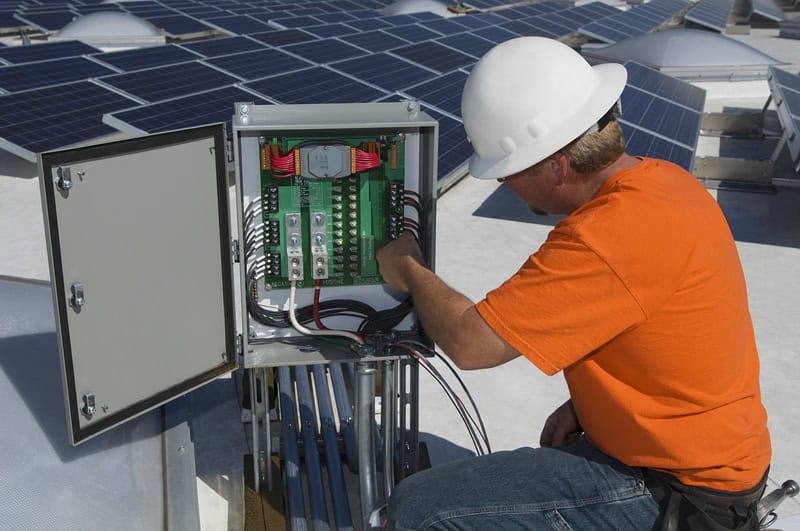
Running a solar farm without a qualified repair partner is like driving a sports car without a mechanic. Sooner or later, something will go wrong—and when it does, you need an expert on your side.
JMS Energy stands as a beacon of reliability and technical prowess in the world of solar maintenance and repair. Whether you’re experiencing frequent inverter trips, unexplained drops in output, or system-wide faults, their team of dedicated solar farm repair specialists will restore your site to full power—efficiently, safely, and affordably.
Don’t leave your investment vulnerable. Protect your performance and your profits with JMS Energy, the name trusted across the industry for excellence in solar farm repair specialist services.
Want to start today? Contact JMS Energy here.

